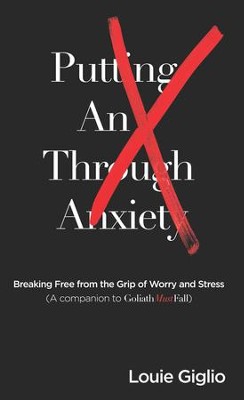Does Divorce Automatically Mean Unforgiveness?
Description
Question
My spouse admitted to being unfaithful both in our engagement period and our marriage. I want to forgive, but am struggling. In studying the life of David and his adultery, I came to some crucial questions: Did David have any responsibility to Uriah in terms of committing adultery with his wife? How is the spouse to feel? If Uriah had lived, does he have any right to any emotion other than grief? David confessed his sin to God, but Is it only a sin against God, or is it also a sin against the spouse? If the spouse seeks divorce because of it, does that automatically mean they aren’t forgiving?
Answer
The Bible is full of demands to engage with each other and seek forgiveness and extend forgiveness.
David absolutely had responsibility to Uriah in terms of committing adultery with his wife. Nathan’s rebuke from God clearly states that it was this violation that really cut the heart of God. How dare David violate Uriah like this? God certainly held him accountable even to the point if the death of a child.
- What is the spouse of an adulterer left to feel? - Great question. Usually, a lot of questions and pain. Although God can redeem it, it’s not good.
- Do adulterers sin against their spouses in adultery? - Absolutely! Although it’s an ultimate attack upon God, it’s a sin against the spouse as well. It’s a multi-layered scenario, not an either/or. The sin against your spouse is deep and painful. It’s inexcusable. It’s understandable with fallen human beings, but it’s not okay.
- Does divorce on the grounds of adultery automatically mean the offended party is ‘unforgiving?’
The answer is, it depends.
Why did you get divorced?
- Was it spite?
- Was it to teach them a lesson?
- Was it to vent your anger?
- Was it because you couldn’t be ‘married to a person like that’?
- If it’s something like that, then yes, it likely does mean unforgiveness remains.
If you got divorced by exercising the option, seemingly given by the Lord, (if adultery is what is talked about as an ‘out’ in marriage in the Bible) for reasons such as…
- I tried to reconcile but they were unwilling to be repentant or change.
- I wanted to heal, but my heart is so weak and the pain so deep that despite my best attempts I couldn’t get beyond it and would have held it over their head for years
- They were at an immature place where I knew that to bring them back into my home and heart was to enable them to do it again.
- They never owned the situation and blamed it all on me, clearly indicating that they had not owned it and would never grow from it.
- I prayed and prayed, and despite me wanting to heal and move on, God released me for key reasons…
If those are the reasons, then no, it’s not likely that divorce meant unforgiveness. It may indicate inability, immaturity, or it may just indicate healthy boundaries, but it doesn’t have to mean unforgiveness.
We can forgive and still hold people accountable. In fact, I believe that’s the most biblical way.
 Overcome challenges with guided prayer, journal prompts, and God’s wisdom using iDisciple Growth Plans.
Overcome challenges with guided prayer, journal prompts, and God’s wisdom using iDisciple Growth Plans.

-12.png)








